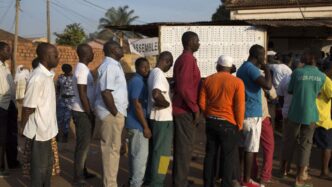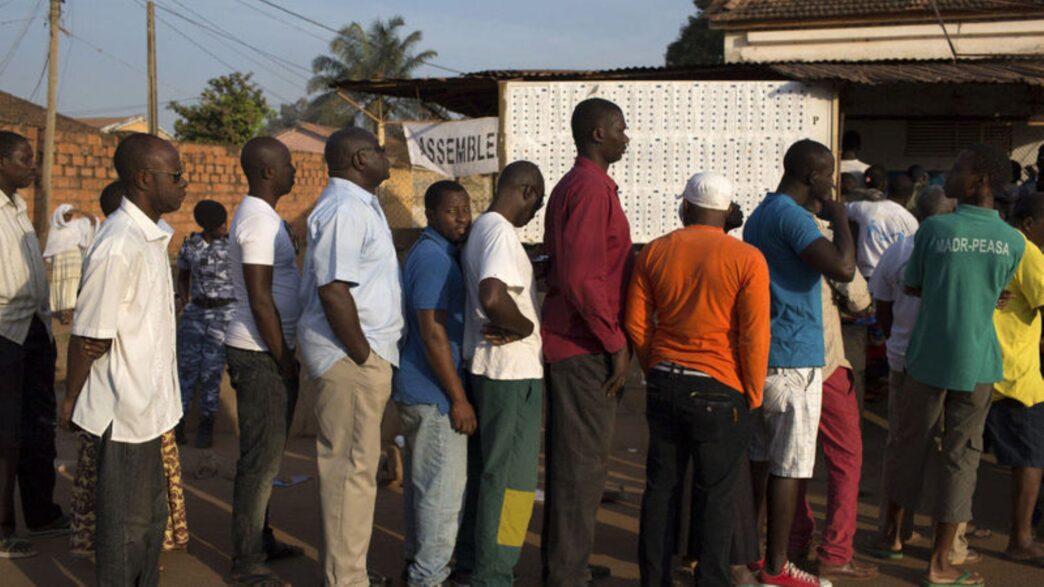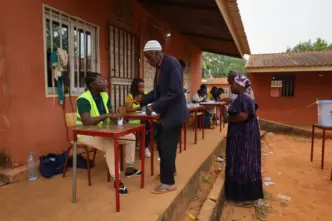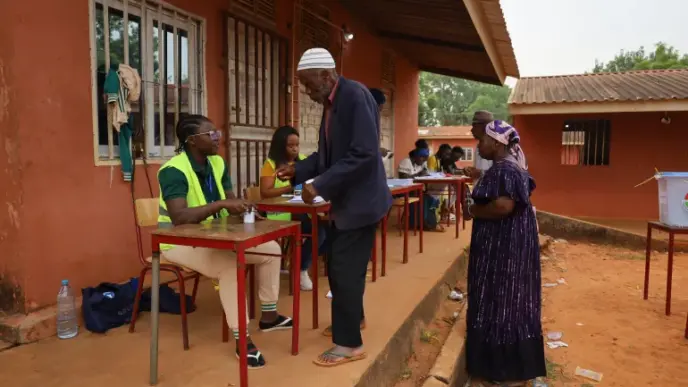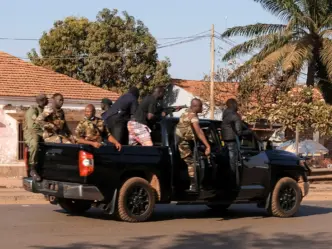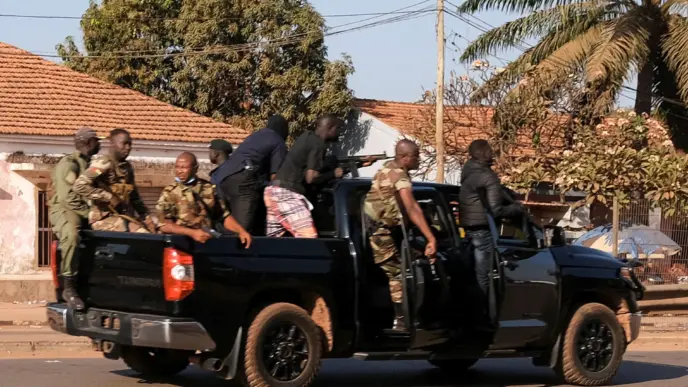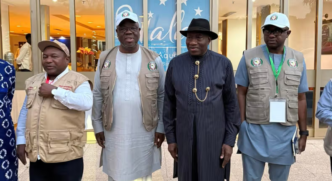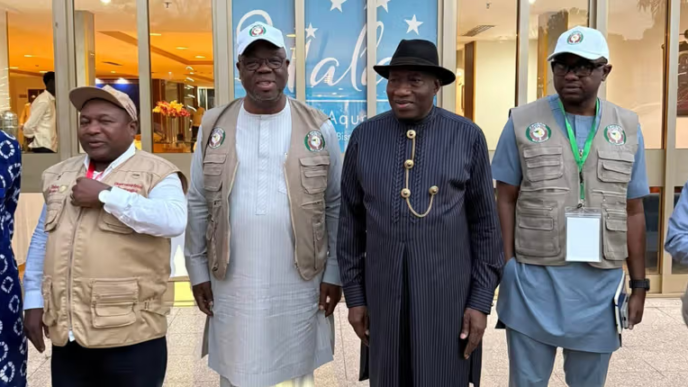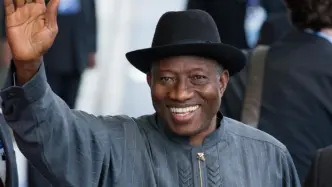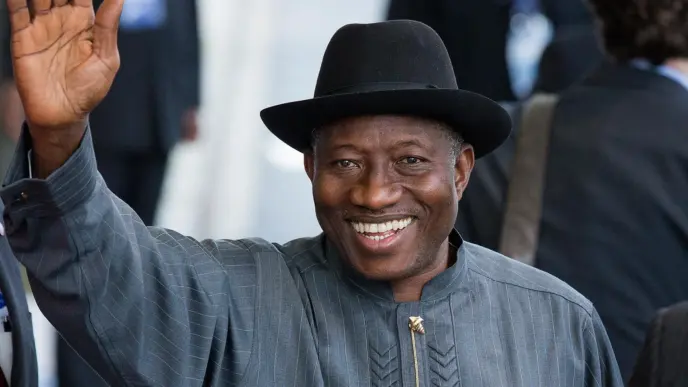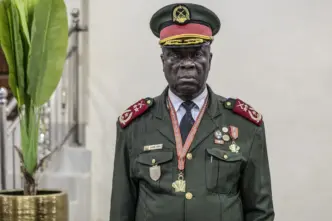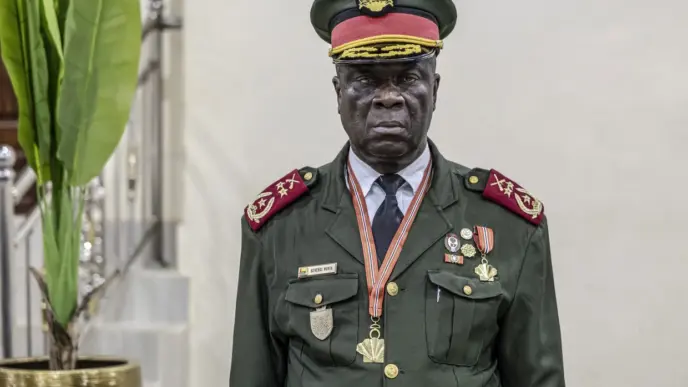Campaigning in Guinea-Bissau kicked off on Saturday, approximately three weeks before the legislative and presidential elections that are expected to be largely dominated by current leader Umaro Sissoco Embalo, following the disqualification of the main opposition.
Fourteen parties, including the No Kumpu Guine platform, a coalition backing Embalo, will compete for the 102 parliamentary seats.
For the first time in the history of the West African nation, the PAIGC party, which led the former Portuguese colony to independence in 1974, will notably be missing from the ballot. Also absent will be the Pai Terra Ranka coalition, comprising around ten political parties, including PAIGC, which is headed by Embalo’s main rival, Domingos Simoes Pereira, who is also disqualified.
The Supreme Court of Guinea-Bissau removed Pereira, Pai Terra Ranka, and PAIGC from the final list of parties and candidates released in October, citing their late submission of official applications.
Over the last ten years, Guinea-Bissau has made strides toward establishing the rule of law, but it has historically struggled with numerous coups.
On Friday, the military announced that it had prevented an “attempt to undermine the constitutional order” and detained several high-ranking military officials. After a cabinet meeting on Thursday, Embalo told the media, “No disorder will be allowed.”
On election day, November 23, about 860,000 voters in Guinea-Bissau will have the option of choosing from 12 presidential candidates, including Embalo and former president Jose Mario Vaz.
Political stability is a key concern in the election, as Guinea-Bissau has seen four coups since gaining independence, the most recent being in 2012. There have also been numerous attempted coups.
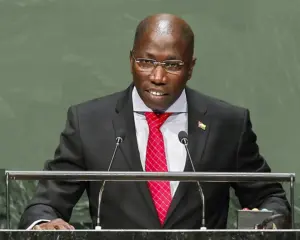
Embal0 was first elected in December 2019 for a five-year term, having previously said he would serve only one term. He and Pereira competed in the 2019 presidential election, which Pereira contested vigorously after losing.
In 2023, Embalo dissolved the parliament, which was then controlled by the opposition, following armed conflicts he deemed an attempted coup. Pereira strongly criticised this action, and then the speaker of parliament called it a constitutional coup.
He later decided to delay the election until this November, prompting allegations that he was seeking to maintain power beyond the end of his term.


 Trending
Trending 
